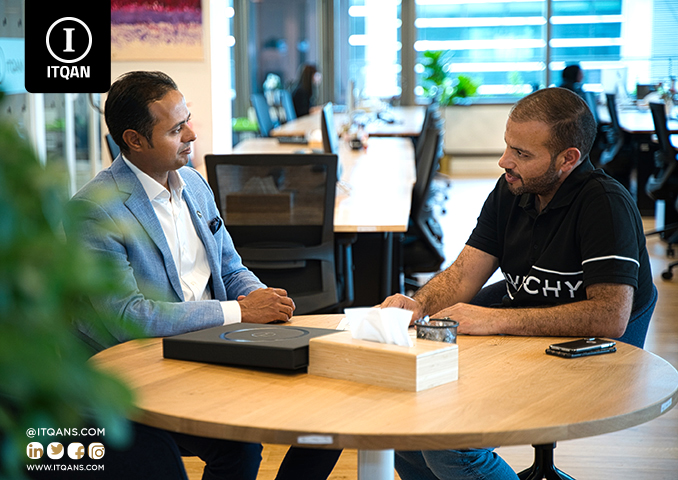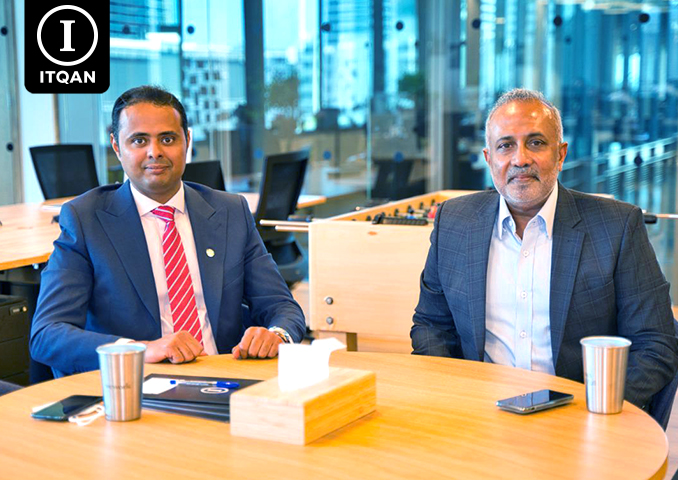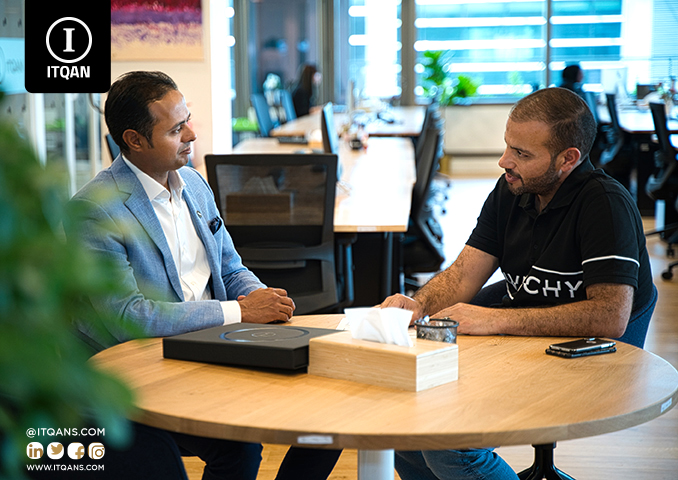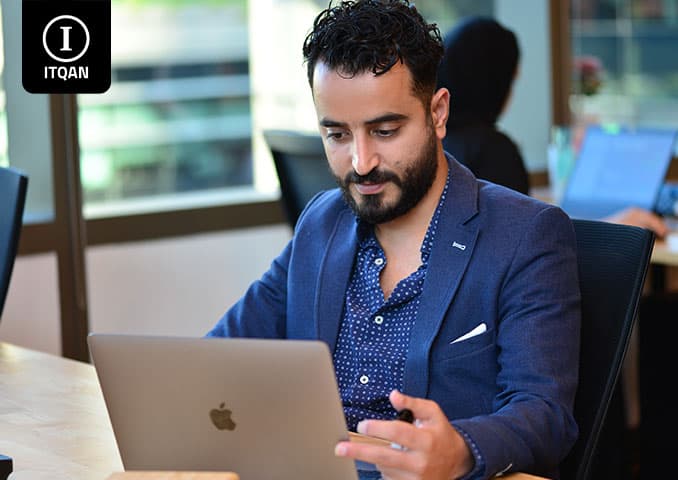Investing in Dubai is considered one of the most prominent economic opportunities available in the region, thanks to its strategic location between East and West, making it an attractive destination for many investors from around the world. Dubai boasts a thriving business environment, advanced infrastructure, and regulatory facilities that encourage investment in various economic sectors such as real estate, technology, tourism, and renewable energy. With policies that support economic growth and provide opportunities for 100% foreign ownership in free zones, Dubai has become one of the leading destinations for investors. In this article, we will discuss the most important aspects of investing in Dubai, from the laws and facilities available to foreign investors to the different types of investments and promising opportunities in this global city.

Table of Contents
ToggleInvestment Conditions in Dubai
Investment conditions in Dubai depend on the type of business activity and the area you choose to establish your company. However, there are some general conditions that all foreign and local investors must meet when starting an investment in Dubai:
1. Choosing the Type of Legal Entity
The investor must determine the type of legal entity for their company (such as a limited liability company, a sole proprietorship, or a joint-stock company).
When investing in free zones, companies are often “wholly foreign-owned,” but in non-free zones, the investor may need a local partner (an Emirati citizen).
2. Choosing the Business Activity
You must determine the business activity your company will engage in. Dubai offers a variety of business activities that can be established in a free zone or non-free zone.
Business activities range from trade, manufacturing, technology, financial services, tourism, and real estate.
3. Location and Free or Non-Free Zone
Dubai offers multiple free zones that offer tax and administrative benefits to investors. You must choose the free or non-free zone that best suits your type of business. In some zones, such as Dubai South or Jebel Ali, foreign investors can own 100% of the company, while in non-free zones, a local partner may be required.
4. Business License
The investor must obtain the appropriate business license based on the business activity and chosen location.
The license can range from a commercial license (for commercial activities), an industrial license (for production activities), or a service license (for service activities).
5. Providing the Necessary Capital
Some activities may require a minimum paid-up capital upon company incorporation. The required capital varies depending on the type of activity and the region.
In some free zones, no minimum capital may be specified, while for some business activities, the capital may vary from sector to sector.
6. Preparing Legal Documents
Investors must provide a set of legal documents, such as passports, residence visas, registration documents, and criminal record certificates.
In some cases, a business plan or feasibility study for the business activity may be required.
7. Residence Visas
When establishing your company, investors must obtain residence visas, which may include visas for investors, directors, and employees.
8. Compliance with Local Regulations
Investors must comply with all local regulations and laws, such as laws related to employment, health and safety, and taxes.
Some activities may require additional permits or licenses from government or regulatory authorities.
9. Opening a Business Bank Account
It is necessary to open a business bank account in Dubai. In some cases, it may be necessary to provide additional documents to prove that the business complies with local regulations.
10. Environmental and Health Licenses (if required)
Some business activities, such as industrial or tourism activities, may require special environmental or health licenses.
Investors must provide documentation demonstrating their compliance with environmental and health standards if the activity requires it.
11. Compliance with Foreign Investment Controls
Foreign investors must comply with controls on foreign ownership in companies, especially in companies not located in free zones.
Some activities may require a local partner with a 51% stake in the company.
12. Submit a business plan or feasibility study (if required)
Some activities may require a business plan or feasibility study outlining how the company will operate, identifying the target market, and the resources needed for the business.
The Most Attractive Sectors for Investment in Dubai
Dubai is an ideal destination for investors thanks to its diverse and thriving economic environment, as well as its tax incentives and advanced infrastructure. Here are some of the most attractive sectors for investment in Dubai:
- Real Estate:
Dubai’s real estate sector is experiencing continuous growth, driven by the high demand for residential and commercial projects. Investment in residential and hotel properties, as well as commercial projects such as shopping malls and offices, are among the most profitable sectors in Dubai.
- Technology and Innovation:
Dubai attracts many innovative technology startups, including those in the fields of artificial intelligence, software development, the Internet of Things, and cybersecurity. The city provides an ideal environment for technology companies thanks to government support and initiatives such as Dubai 10X and the Dubai Future Foundation.
- Tourism and Hospitality:
The tourism sector is one of Dubai’s most prominent sectors, thanks to its world-class landmarks such as the Burj Khalifa and the Palm Islands, as well as its hosting of major events such as Expo 2020. Its excellent infrastructure and luxurious facilities make Dubai a major tourist attraction.
- E-commerce:
Dubai has witnessed remarkable growth in e-commerce, making it a major hub in the Middle East. The presence of platforms such as Souq.com and Noon is boosting this sector. The growing reliance on online shopping is prompting investors to consider establishing e-commerce businesses in Dubai.
- Financial and Banking Services:
Dubai is a global financial center with numerous local and international banks, as well as insurance and asset management companies. The Dubai International Financial Centre (DIFC) provides a legal and regulatory environment conducive to investment in this sector.
- Renewable Energy:
With a focus on economic diversification and sustainability, Dubai seeks to boost its investments in renewable energy through major projects such as the Mohammed bin Rashid Al Maktoum Solar Park. The sector is attractive to investors focused on sustainable environmental solutions.
- Healthcare:
Dubai aims to become a healthcare hub in the Middle East, opening the way for investment in hospitals, clinics, and medical centers. The government also provides significant support to promote this sector. Education:
The education sector is a growing sector in Dubai, especially with the increasing demand for international educational institutions in the city. Dubai also encourages the establishment of international schools and universities, making it an ideal environment for investment in this sector.
Transportation and Logistics:
Dubai is a major logistics hub thanks to its strategic location and modern facilities such as Jebel Ali Port and Dubai International Airport. This sector is among the most profitable in the city.
Manufacturing:
Dubai encourages investment in the manufacturing sector, particularly in industries serving regional and international markets. Its geographical location and advanced infrastructure facilitate access to markets in the Middle East and Asia.

The Cost of Investing in Dubai
The cost of investing in Dubai varies greatly depending on the type of business activity, the area you choose, and the size of the company you wish to establish. The total cost of establishing a company in Dubai can be divided into several main categories:
1. Business License Costs
The cost of a license depends on the type of business activity (commercial, industrial, or service) and the area in which the company is established (free zone or non-free zone). These costs typically include:
License issuance fees.
Annual license renewal fees.
Government service fees.
2. Company Establishment Costs
Establishing a company requires some basic fees, such as:
Company registration.
Office setup costs (if required).
Lawyer or consultant fees (if required).
3. Space and Utility Costs
If the company requires an office or physical location, there will be additional rental costs.
In free zones, flexible offices can be found at reasonable prices, while in non-free zones, costs may be higher.
4. Taxes
Dubai offers an attractive tax environment with numerous incentives, as there are no personal or corporate income taxes in most cases.
Some businesses may be subject to taxes if they operate in a specific sector or in certain zones.
5. Legal and Administrative Fees
You will also incur legal and administrative costs related to notarizing contracts, issuing work visas, and obtaining permits for your business.
6. Operating Costs
After establishing your business, you will need operational costs, including employee salaries, advertising and marketing costs, and the necessary equipment and tools.
7. Visas and Residency
If you wish to obtain residency visas for investors or employees, there are additional fees, including visa fees and the cost of recruiting workers.
How to Start Investing in Dubai?
To start investing in Dubai, you must take several strategic steps to obtain the appropriate license and choose the appropriate sector. Itqan provides comprehensive services to help investors establish their businesses in Dubai, including providing legal advice, facilitating procedures, and resolving issues related to business licenses. Here are the basic steps you can follow to invest in Dubai with support from Itqan:
1. Determine the type of investment
Itqan helps you determine the type of business you wish to invest in, whether in real estate, trade, tourism, technology, or any other sector.
Based on your selection, you will head to the appropriate zone (free zone or non-free zone) to obtain the appropriate license.
2. Choose the right area
Dubai offers several free zones, such as Dubai South, Dubai International Financial Centre (DIFC), and Jebel Ali. Each zone offers specific benefits tailored to different types of businesses.
Itqan provides consultations to help you choose the optimal zone based on your business type, making it easier for you to choose the area that will maximize your benefits and tax advantages.
3. Prepare the required documents
You will need to prepare a set of legal documents, such as your personal ID, residential address, and any additional documents related to your business.
Itqan helps you organize and prepare all documents accurately to ensure a smooth process. 4. Submit a Trade License Application
Itqan will assist you in applying for the appropriate trade license based on your business type and specific location. This includes submitting the required documents and paying the necessary fees.
5. Open a Company Bank Account
After obtaining your trade license, you will need to open a company bank account in Dubai. Itqan offers support in facilitating bank account opening for new businesses.
6. Obtaining Residence Visas
If you plan to live and work in Dubai, obtaining residence visas will be an important step. Itqan also helps you obtain residence visas for investors and employees.
7. Finding an Office or Business Location
If your business requires an office, Itqan helps you find suitable office locations in free zones or non-free zones.
8. Complying with Local Regulations
Itqan ensures that your company complies with all local laws and regulations in Dubai, making it easier for you to avoid any future legal issues.
9. Expansion and Growth
Once you launch your business, Itqan can assist you with expansion and growth strategies, including opening new branches or expanding into other markets. Itqan provides you with all the tools and guidance you need to successfully establish your business in Dubai, while ensuring compliance with all local laws.
In conclusion, investing in Dubai is an ideal choice for those seeking exceptional economic opportunities in an environment that supports growth and innovation. With streamlined legal procedures, tax incentives, and full foreign ownership in free zones, Dubai provides an ideal environment for investors across various sectors. Investing in Dubai is not just about financial gains; it also includes exploring the many opportunities this city offers in the fields of trade, technology, education, and hospitality. So, if you’re considering investing your capital in a stable and prosperous environment, Dubai offers everything you need to achieve success and expansion.
Top Frequently Asked Questions About Investing in Dubai
What are the main benefits of investing in Dubai?
Dubai offers a unique business environment with low taxes, significant opportunities in diverse sectors, tax exemptions for investors in free zones, a flexible legal environment, and easy incorporation procedures.
Can foreigners invest in Dubai?
Yes, foreigners can invest in Dubai, whether in local companies or in free zones that allow them to own 100% of the company.
What types of investments are available in Dubai?
Investments can be made in various sectors, such as real estate, tourism, trade, technology, industry, and financial services.













